Sports psychology can get the very best from athletes in all sports
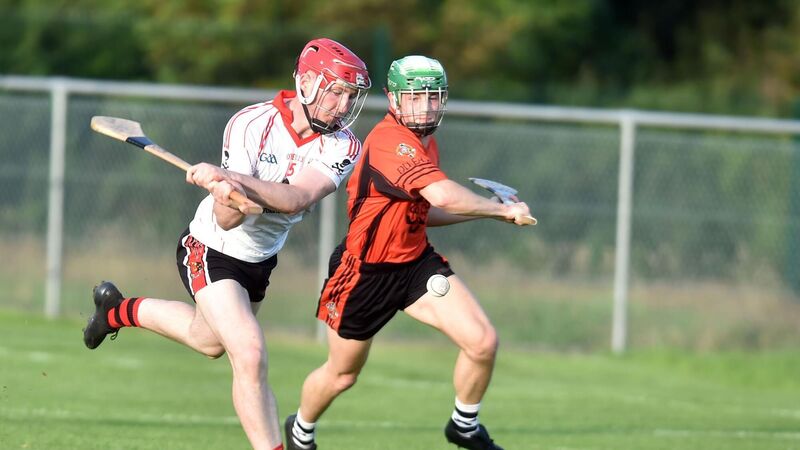
THE role of psychology in sport is a fascinating one, yet its significance is still often overlooked.
Diet, exercise and sleep are all crucial factors in an elite level athlete’s preparation.
What about the part psychology has to play in an athlete’s quest to perform consistently?
Cork-based sports psychologist, Canice Kennedy, works with high-performance athletes in a wide-range of sports.
A native of Dublin, who lives in the Douglas area, Canice says the mental ‘pillar’ of sport can have a major impact on enhancing performance, particularly when it comes to individual sports, and at the highest level.
“The four pillars of sport are technical, tactical, physical and mental. They become more important at various stages. If you’re running a junior soccer team or a junior B football team, probably the key factor is physical fitness.
"If you can get the players 20% fitter, that will have a huge impact on performance. But, the further you go up that pathway towards elite sport, there’s very little difference between those three levels of technical, tactical and physical. At the performance, sub-elite and elite levels of sport, the mental part gets more important.
"It’s possible to get larger performance improvements with sports psychology or mental fitness at a high level.
“Sports psychology is a bigger factor in individual sport than team sport. If you have confidence issues, or a concentration issue, or a pre-performance anxiety issue; as an individual that can impact dramatically on your performance. Now, if you’re one of 11 players on a soccer team, or one of 15 players on a Gaelic football team, that may not impact the overall performance as dramatically,” he said.
Canice is a former soccer coach, having led UCC in the 1990s and early 2000s. He was head coach for three Collingwood Cup victories and also coached the Ireland soccer team at the World Student Games in 2001.
Soccer is undoubtedly his favoured sport, though he says it has been somewhat slow to catch on to the possibilities of sports’ psychology, in comparison to other elite level sports. Taking soccer as an example, it’s difficult not to at least wonder; could the right mentality, and having that positive mindset, turn an average player into a top-class one?
“No, I wouldn’t say so. However, a player with first-class mindset and second-class ability will always outperform a player with second-class mindset and first-class ability. You have to have the ability in the first place, of that there is no doubt. But, there’s no doubt that some players can go out in the big occasions and perform, and some players can’t perform. For me, the value of sports’ psychology in many ways is to provide players with the ability to perform consistently,” Canice said.
Achieving that consistency is tough. Our brains have a built-in negativity bias, meaning that we are wired to dwell on the bad, rather than focus on the good. Among the duties of a sports’ psychologist is to help the sports’ personality to develop ways to combat that negative thinking, which in turn will, hopefully, help an athlete to enhance his or her physical performance.
”Negative self-talk is powerful and it works. It stops you performing at your best, and inhibits performance. If you take the opposite view ‘we can win, we can beat them’, there’s no guarantee of success.
"So, positive self-talk doesn’t necessarily work. But negative self-talk is powerful. The words ‘I can’t’ are largely debilitating to your performance level. We need to teach or educate young athletes, at ages 12-15, to go into a
performance situation expecting to be able to perform at their best.
"For every negative self-thought, it takes three positive thoughts to kill it. You need to overload on the positive stuff to quieten the negative part of your brain and almost create a level playing pitch so that negativity doesn’t impact on performance,” Canice said.
Canice lectures in his discipline at UCC and delivers classes in the area of sports’ psychology geared towards coaches at Douglas Community College. He’s also involved with a wellbeing organisation called Afresh. His extensive research and portfolio of skills have seen him work alongside a variety of high-performance athletes, from boxers to rowers, and golfers to runners.
Does he approach each individual athlete or player differently, when it comes to assisting them in developing the mental skills that will enhance physical performance?
“To help somebody on a long-term basis, you have to get to know them; who they are, what motivates them, what makes them different from the other athletes. Getting to know the person is the key. Of course, knowing the sport can help.
"But I do a lot of work in sports that I have never experienced before. I like to learn about those sports, but it’s not the key factor. Personal factors are more important.
“I’ve worked across the board. I have done a lot of work in GAA.
"I do a small bit of work in golf which I think, as a sport more than anything else, is made for sports’ psychology, because it’s different than lots of other sports. Athletics and rowing are areas that I have done a lot of work on, too.”


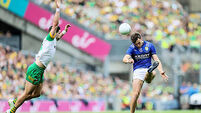

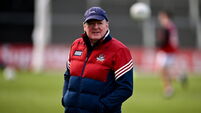
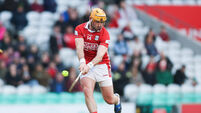
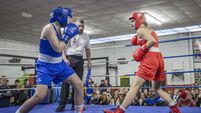
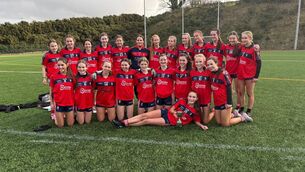



 App?
App?







